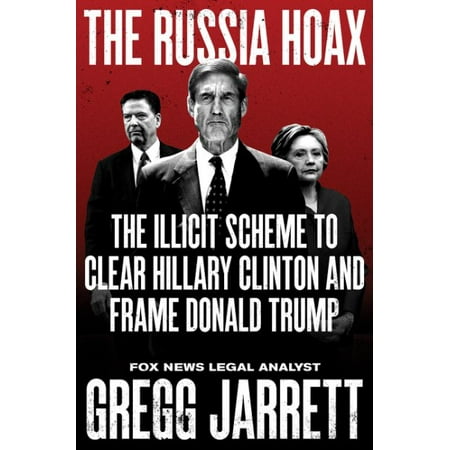I said I would try to read this book and did try. I got through over half, enough to feel I'd heard all he had to say.
He convinced me of part of his argument, that the FBI may have felt pressure to overlook some of Clinton's transgressions with regard to the email fiasco because she would likely become President. Even if nothing she did was criminal, there were clearly actions beneath the dignity of the office of Secretary of State. I hold Obama to blame as much as her. He and his advisors should never have allowed her so much freedom with her communications, including signing off on the home server idea. The "for convenience" excuse doesn't fly with me. Convenience should not be the main priority when it comes to official communications of State. Whoever signs their name of Sec of State communications should assume what they've written is going directly into the Library of Congress, except or course for the really sensitive stuff which should be kept off the main record. I think it's obvious what a mistake it is to blur the lines between official and personal communication, the way Trump has.
The Russian hoax argument was less convincing to me, but I admit the impartiality of the FBI took a hit with allowing Hillary to skate, and at the very least the optics were horrible. The whole 2016 election is one giant cluster **** of screwups and the FBI is part of it whether they like it or not.
The prose and organization of the book felt slung together, which it probably was. He admits that the material for the book mostly came from previous articles he'd written, a mistake imo. He also repeated himself too much and the tone at times got a little whiny.
I still recommend the book for those interested.



